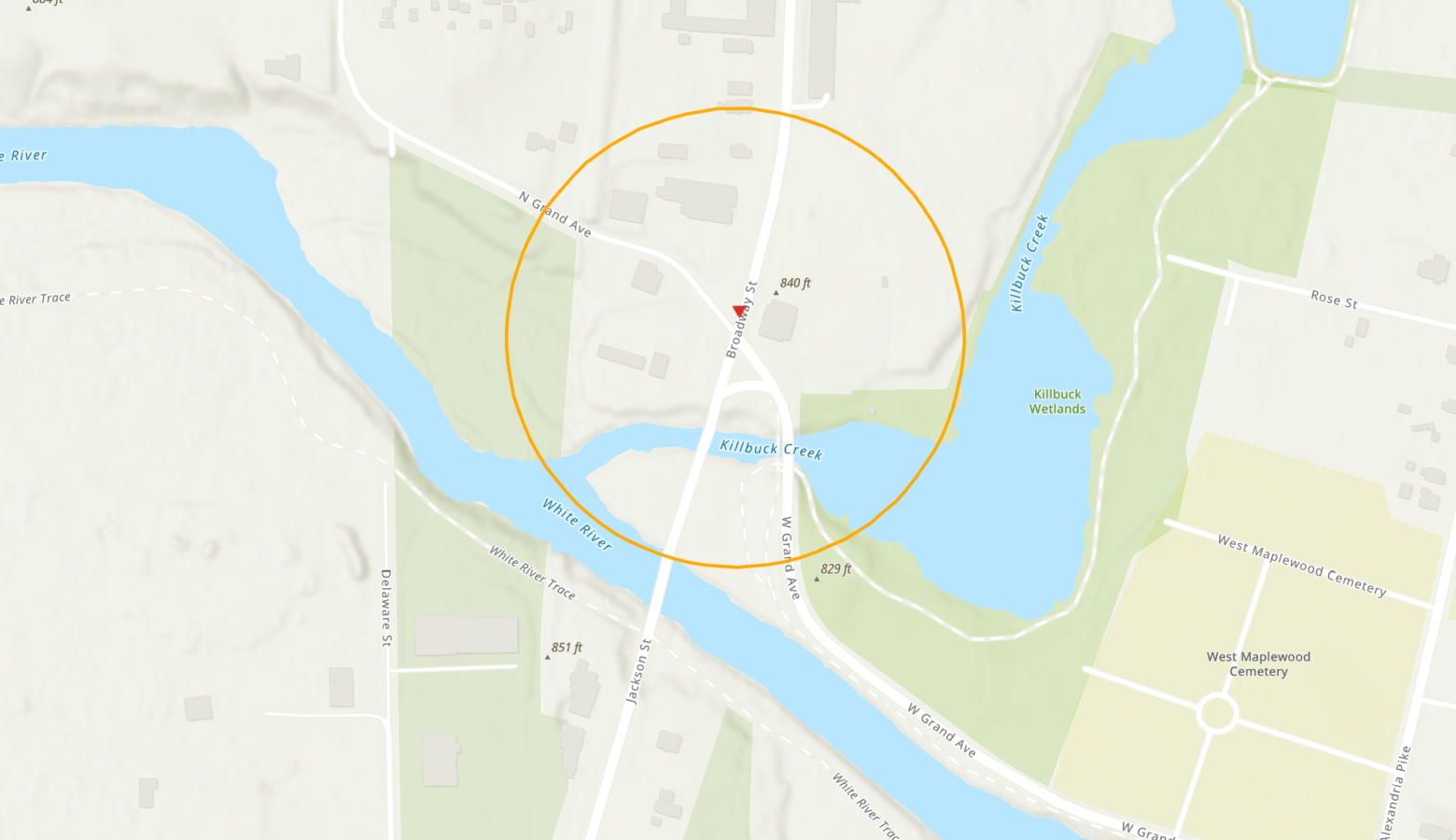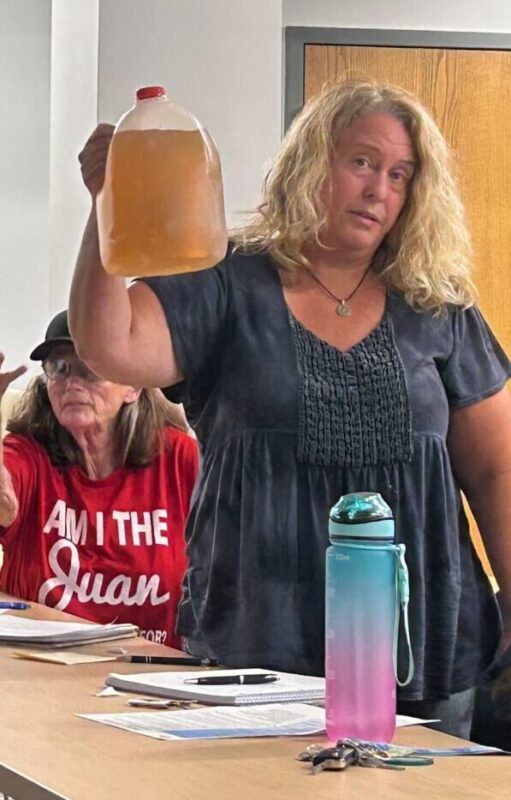EPA begins investigation on Anderson Superfund site

The Environmental Protection Agency is beginning an investigation on Anderson’s Broadway Street Corridor, labeled a Superfund site for groundwater contamination in 2018. IPR’s Thomas Ouellette reports on what that investigation does and does not cover.
As a Superfund site, the Broadway Street Corridor is eligible for an EPA investigation and clean-up. The federal agency has signed on to a four-year contract to carry it out, including paying for the cleaning expenses if no responsible party can be found.
Clara Copps is the Remedial Project Manager. She says that while the process is a lengthy one, it is necessary.
“Groundwater is super variable and it depends on a lot of different factors so the years of monitoring that we have built in are important for that data,” she said.
Multiple residents who attended an informational meeting by the EPA expressed disappointment when they heard how long it would take to identify the contaminant, let alone clean it up.
One attendee raised a gallon jug of brown water, claiming it came from her faucet, and said the people of Anderson shouldn’t have to wait so long to have clean water.

Members of the Anderson community expressed concern over the city’s drinking water. (Thomas Ouellette/IPR)
EPA officials stressed to the community that the agency is investigating contamination in the groundwater, not drinking water.
The Indiana Department of Environmental Management has investigated the source of the groundwater contamination three times since 2011, but hasn’t found the origin. As for drinking water, IDEM’s Matt Prater says the Anderson water treatment plants are tested quarterly. As of February, there was no detection of volatile organic compounds.
Groundwater does still have the potential to seep into drinking water pipes through different avenues and can be brought to the surface as a result of extreme weather and flooding. As part of the investigation the EPA will be determining exactly how the contaminants at the Superfund site could affect individuals exposed to it.
The community will have multiple opportunities to get involved with the Superfund process through open meetings and planning discussions.
Thomas Ouellette is our reporter and producer. Contact him at thomas.ouellette@bsu.edu

